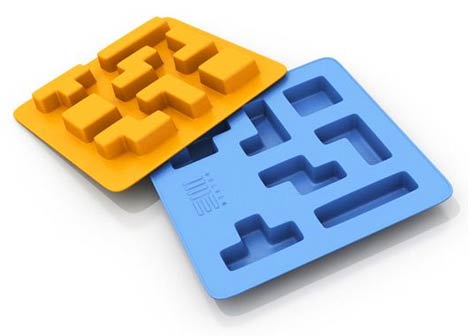Playground Online
PlaygroundOnline.com is yet another entrant in the Indian e-commerce space. It retails sports related media and equipment. They currently offer books, CDs, equipments, apparel etc. This is probably first of its kind online store in India. I took PGO for a spin and here is my feedback.
What I like about PGO?
First and foremost, although they want to sell things online but they have put a lot of focus on customer friendliness and costumer interaction. Things like polls, news, forums can make this website a default place for sports enthusiasts. These initiatives help build a strong and loyal community and eventually garner sales.
The range of products on PGO is really wide. From a t-shirt worth Rs. 280 to a bicycle worth Rs. 46000 (obviously for a professional), PGO had a lot of things for offer. I could not check if this range is comprehensive but everything I could think of was either there or they were accounted for and being worked upon. This is a good thing for an e-commerce business. I can think of people visiting PGO to find out more about sporting goods and then buying it offline. Challenge will be to convert these information scouts into customers.
Design
The website interface is impressive for an Indian startup and they have used a good mix of traditional style web design and Web 2 functionality. They still need to work on few things though. Like for example when you are trying to signup, the errors are reported in a pop-up box. This should ideally be a Web 2 pop-up where errors are notified the moment they are encountered. I should never get a Windows pop-up.
Team
PGO has been started by a team of 4 people with average work experience of 15 years. Experience of 60 man-years could be a good thing and a bad thing at the same time. With experience comes rigidity; you might start shooting down ideas even before you give them enough time to fruit. You start living on assumptions. You are scared of breaking out of the mold.
And with experience one develops the knack of running businesses. The team is experienced enough to know what is to be done to make the business run efficiently. Looking at the website and they have used their experience well.
What I like about their team is the fact that all 4 co-founders have different and diverse backgrounds. From client relationships to technology to marketing to customer insights, they have it all. The roles could thus be clear and they can concentrate on larger things.
Competition
They don’t seem to have one large competitor right now. However they compete with bookstores (fabmall, om books etc), apparel stores (rediff, sify) and obviously with traditional retail stores. The business model is new in India and looks lucrative. There should be many more players in the market soon.
Payment Options
One of the key reasons why e-commerce is still in nascent stages is lack of adequate payment options. Credit cards penetration is still low in India. People are still skeptic of using their cards online. And finally they are not really convinced about credibility of these websites.
At PGO, there are limited payment options currently but they have mentioned that they are working on more methods. I would love to see them implement a cash-on-delivery method. COD gives an online merchant immediate access to people who dont have cards and people with cards who are scared of using the cards online.
What more can PGO do?
Comparison between brands and products. When buying a product, people love to understand the features, benefits and differences. I don’t see a link for comparing two items. If they can somehow implement a comparison, it would be great.
User community. All the ecommerce websites have been adding users to forums. If PGO is really convinced about sports as a leisure or a lifestyle activity in India, create special interest groups of people with similar interests. Give them things like competitions to participate in, platforms to talk about their interests etc. Basically in one word, give something more than a typical forum or a social network.
Final thoughts
PGO has done a good job with their store. The only thing that might let them down is the very acceptance of the business model. If I was a VC with money, I would have invested in the business, obvisouly after talking to the owners and looking at the projected cash flow statements.
And finally, since we are talking about ecommerce, lets try to see what can be sold successfully over the Internet? Something that is standardized. Something that you are confident would be similar irrespective of place you bought it from. Something like an airplace ticket. Something like a computer. Something like a book. Sporting equipment – I am not sure. Lessons for other players? Make the products standardized, eliminate shopping pains and have in place an awesome customer service.
Questions to ponder on?
Are sporting goods similar to airline tickets? Books?

